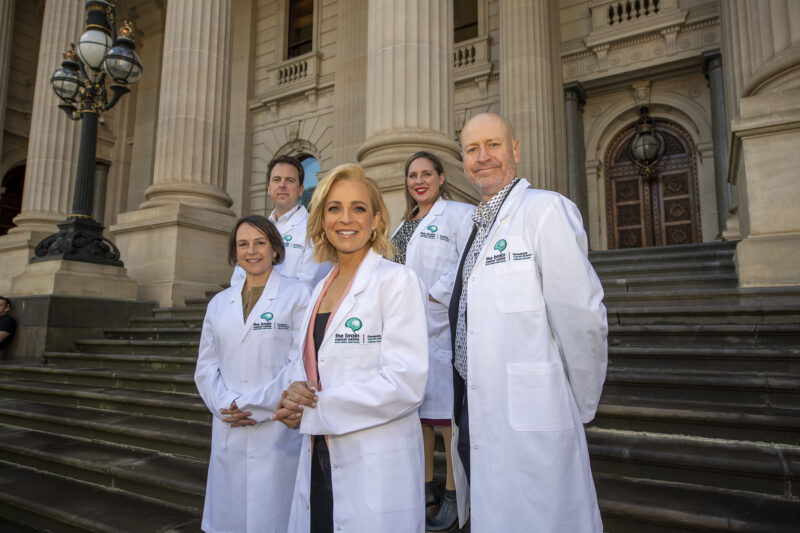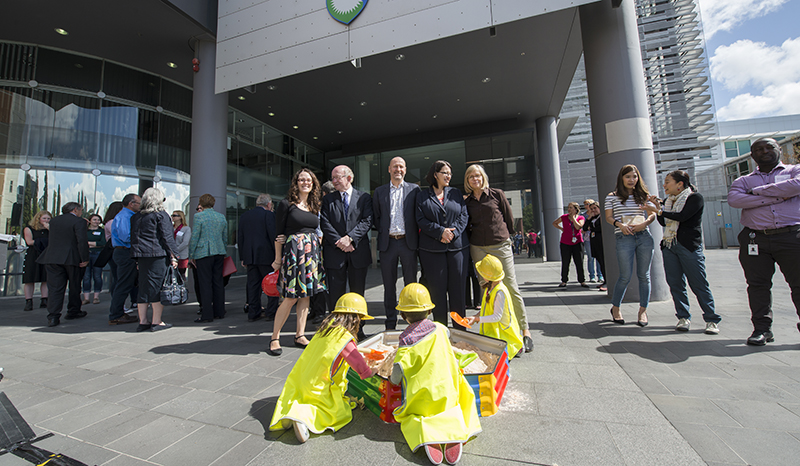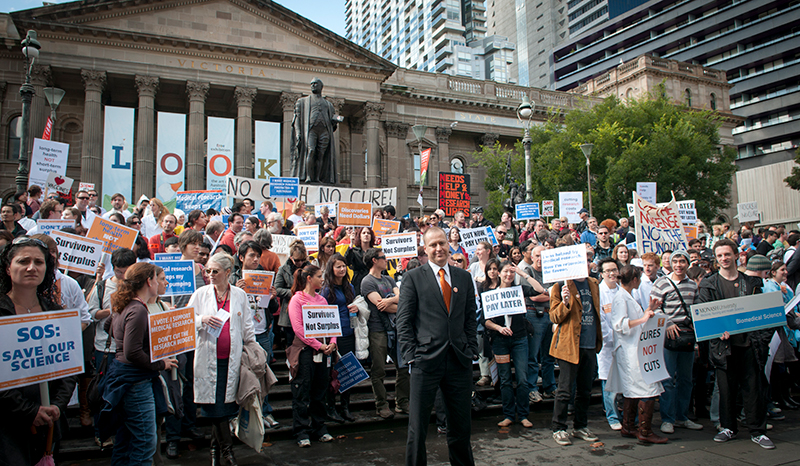A strong advocate for women in science, Prof Hilton was actively involved in advancing gender equality at WEHI and in the sector more broadly as a member of the Champions of Change Coalition, a board member of Australians Investing in Women and as part of the Steering Committee of Science in Australia Gender Equity (SAGE).
Within the institute, Prof Hilton played a key role in establishing the Gender Equity Committee with a mandate to maximise the opportunities for women in science. Among the major initiatives delivered under his tenure was the Professor Lynn Corcoran Early Learning Centre at Parkville – the first on-site childcare centre at an Australian independent medical research institute, enabling researchers an easier pathway to returning to work after parental leave. Combined with his strategic recruitment of young talented lab heads from across the globe, including qualified WEHI postdoctoral fellows poised to start their independent laboratories, the gender equity initiatives have contributed to increasing the proportion of female lab heads from 24% in 2009 to 42% at the start of 2023.
During this period WEHI was awarded a prestigious Athena SWAN Bronze Award in recognition of its commitments to addressing gender inequality, supporting diversity and creating an inclusive workplace culture.
Prof Hilton’s leadership oversaw the development of a broader Diversity and Inclusion Strategy and Diversity and Inclusion Steering Committee, aimed at ensuring the institute builds capacity and capability to enable people from diverse backgrounds to reach their potential and harness the benefits of this diversity through inclusion.
Prof Hilton also recognised the role the institute must play in advocacy across the sector and community more broadly, particularly through championing the rights of the LBGTQIA+ community. This included a statement in support of marriage equality, support for trans and gender diverse people and acting as the auspice for the community-based organisation Queers in Science.





